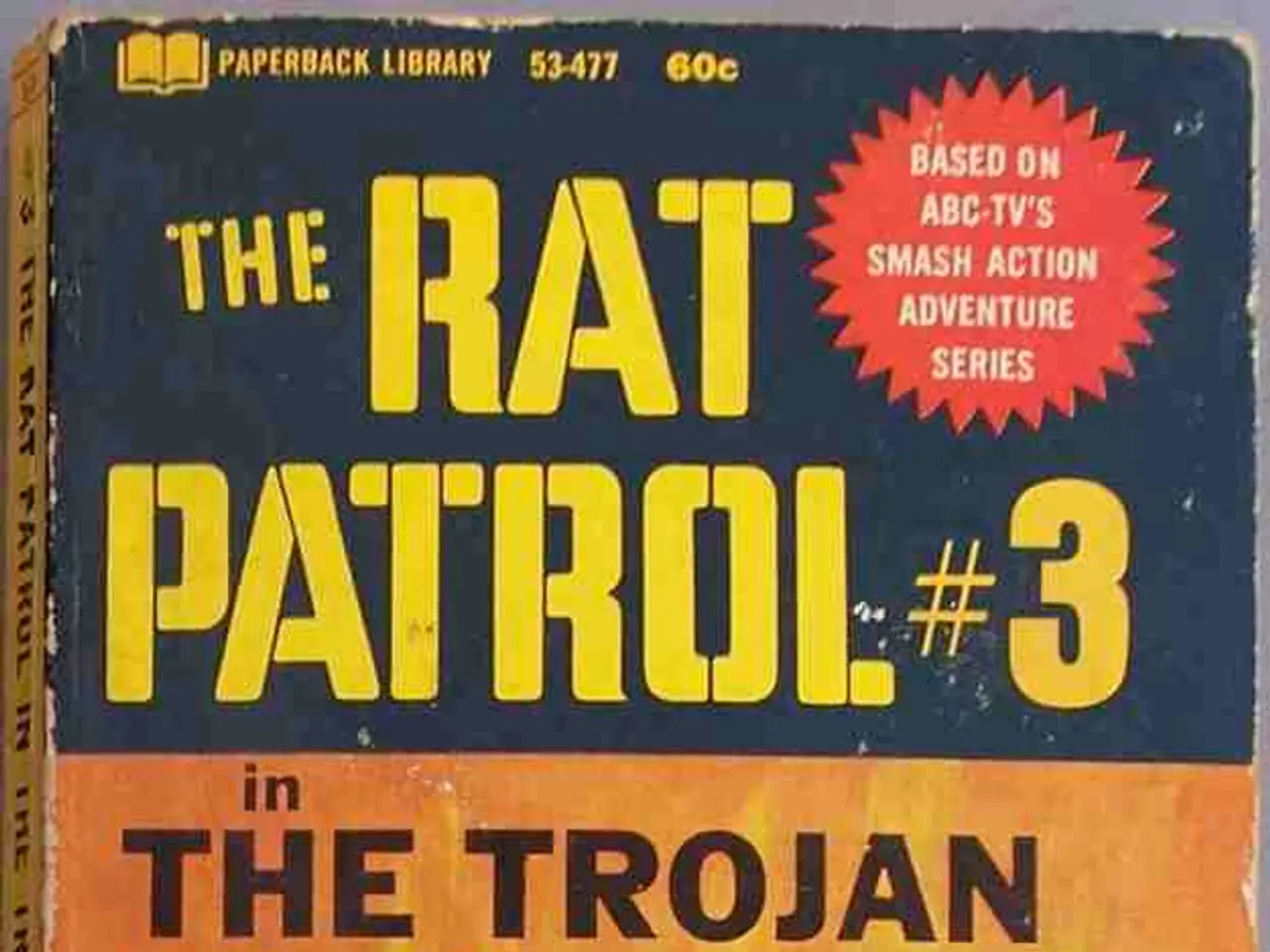Interview with Hanno Pevkur, Minister of Defense for Estonia
The ongoing conflict between Ukraine and Russia, now entering its third year, remains a pressing concern for the international community. The NATO alliance continues to be the primary guarantor of security for countries in Europe, including Ukraine, and it is crucial that Ukraine receives an invitation to join NATO.
The war's escalation has highlighted the need for increased defense spending across NATO countries. Joint purchases of defense equipment and the creation of defense bonds could be a more feasible solution, as opposed to exemptions for each country. This approach would foster fiscal stability, essential for managing defense spending and other state requirements.
Poland's General Rajmund Andrzejczak has advocated for a more forceful NATO deterrence, emphasizing that any attack on a NATO country would be met with a powerful response within minutes. Meanwhile, Poland has suggested that military spending could be exempted from budgetary rules to provide more fiscal space for what they believe is a strategic security priority.
The conflict began in 2014, with Russia attempting to destabilize Ukraine before the full-scale invasion. During the Kharkiv counter-offensive, Ukrainian forces did not receive enough equipment to push forward and maintain control of territory. As a result, Ukraine continues to seek assistance to make a difference on the battlefield, including training, munitions, air defense, air superiority, F-16s, and long-range weapons for deep, precision strikes.
Western nations have provided aid to Ukraine, with the United States authorizing around 24.7 billion US dollars for defense equipment and military aid since August 2021. Germany is also a major supplier, having delivered Leopard tanks, armored vehicles, and air defense systems worth around one billion euros. Other European countries like the Baltic states, Norway, and Denmark have also contributed.
However, there is uncertainty surrounding the US election and its impact on the war. The NATO Secretary General, Mark Rutte, has urged allies to focus on the task at hand rather than speculating about the election. The German Chancellor, Olaf Scholz, has maintained Berlin's position on the Taurus, leading to questions about whether limitations are due to fear of a defeated Russia.
President Volodymyr Zelenskiy has unveiled a plan for victory in the Ukraine-Russia conflict, focusing on obtaining more arms, but not offering any diplomatic or political solutions. Giving up land is not a solution to war, and history shows that it is unacceptable to have decisions made about a country's future by a foreign entity.
In conclusion, the ongoing conflict in Ukraine underscores the importance of NATO's role in maintaining security in Europe and the need for increased defense cooperation among its members. As the war continues, the international community must continue to provide aid and support to Ukraine while also focusing on diplomatic efforts to find a lasting solution to the conflict.
Read also:
- ICE directed to enhance detention conditions following NYC immigrants' allegations of maltreatment
- Israeli finance minister issues warnings about potential annexation of West Bank territories
- United States faces rebuttal from South Africa over allegedly deceitful human rights report and assertions of land expropriation
- Accident at Rodalben Results in Injuries; Geoskop Area near Kusel Affected After Stormy Weather








